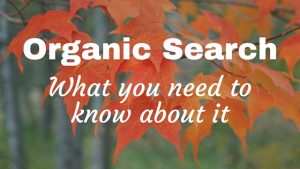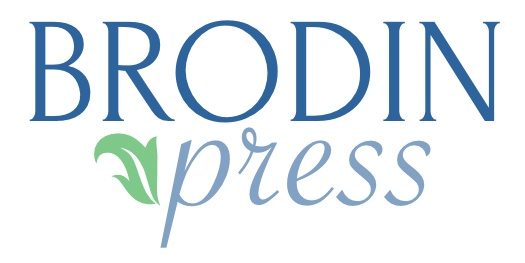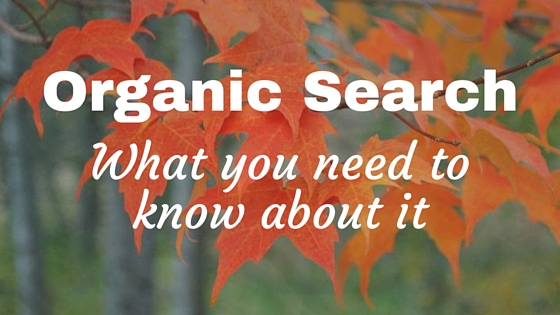
Organic search is when someone types a search query in Google or other search engine. That person is looking for the answer to a question or the solution to a problem.
The webpages that pop up under that search haven’t paid the search engines anything. They simply pop up organically as the engines find relevant content. (Paid ads pop up too—at the top of the listings and along the right side.)
If you’ve done much of your own web surfing for specific items, you know you rarely scan past the first page or two of these listings. So vying for those top spots has a become a full-time job for many businesses.
Why organic search is important
Conductor.com did a study in 2013 (which they updated in 2014) comparing sources of website traffic. The study found up to 64% of traffic going to a website comes from organic search. That compares to:
- 15% referral search
- 12% direct search
- 6% paid search (ads)
- 2% social media search
Another study was done by Custora.com to find out where new customers are coming from. The study found that 15.8% are coming from organic search, compared to about half that from emails…and closer to 1% from social and ads.
Pretty eye-opening eh?
What you can do about it
There are many things you can do to help your website rank better in the search engines. Here are some of the indicators the search engines look for:
GREAT CONTENT THAT ADDS VALUE TO YOUR READERS — The search engines will notice when quality content is added to your site regularly, and will reward you for it.
In the SlideShare article The State of Organic Search Going Into 2015, several industry experts were asked about keys for great organic search results. Here are some of their answers:
“Quality is definitely key to success…more time into building brand equity…”
“Build a better website that actually gives users a reason to return… ”
“Really focusing on your user, their experience and engaging with them…add value…”
MOBILE-FRIENDLY — In the spring of this year, Google announced its intention to give priority to those websites that are mobile-friendly. The reason? More than half of web searches are now conducted on mobile devices.
A mobile-friendly site automatically configures the content to devices of all sizes, whether handheld or desktop.
(If you’re not sure if your site is mobile-friendly, Google offers a quick test to let you know.)
VISUALS — Video, photos, infographics, charts…people love visual content. So do the search engines.
QUALITY OUTSIDE LINKS — If other reputable websites link to yours, that adds credibility and value to your site. Even inside links (within your own site) and your site linking to other reputable sites (including social media) add value.
REGULARLY AUDIT YOUR SITE FOR CONTENT, AND WEAK OR BAD LINKS — The search engines continually update their criteria, so you need to continually update your content. Remove or change dated content. Check links occasionally to be sure they’re still “live.”
Organic search as part of your marketing strategy
While organic search needs to be on your radar, you don’t want to rely only on Google & Co. to send you visitors and customers.
Combining organic search with paid ads, social media and other channels will give you an effective all-around strategy. Keeping the purpose and strengths of each in mind, as well as tracking the responses of each, will help you know how to focus your budget and time.
And above all, don’t neglect your current customers. Actively nurturing them will help ensure you won’t always have to spend your efforts and money on finding new customers.

